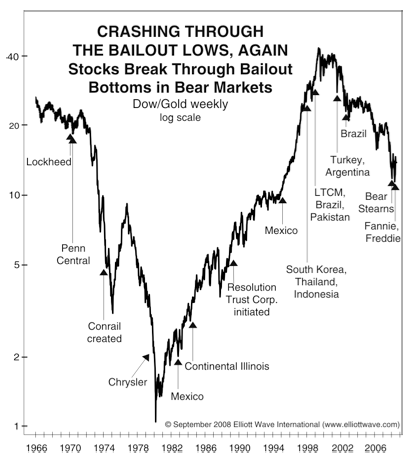THE HISTORY OF BLUE SKY CROWD FUNDING
In October 1929, the Dow Jones lost 90 percent of its value in the monumental stock market crash that led to the Great Depression. As a result, lawmakers passed the Securities Acts of 1933 and 1934, which completely changed the way securities were permitted to be issued and traded. The main purpose for these reforms was to protect the consumer and reduce the risk of potential damage that could be done to the general public. Due to these reforms, personal investors had only the largest and most stable businesses to choose from when looking for investment opportunities.
The Great Depression 1929-1934
1996 The Birth of Blue Sky Services
Hurricane Fran struck the Triangle area of NC in 1996, destroying thousands of homes and leaving countless families homeless. Local entrepreneur David Medvetz formed the original Blue Sky Services construction company to help his neighbors and local residents rebuild their homes in the aftermath of the hurricane’s devastation. Starting as a semi-philanthropic venture to help the local community, Blue Sky services grew into a multi-million-dollar operation. Recognized locally, regionally, and nationally as a market leader in construction services, Blue Sky Services has completed in excess of 8,000 projects with no plan on stopping.


The Internet Boom 1996-2007
With the growth of the Internet, small businesses gained access to worldwide markets that were previously available only to large corporations. While the demand for new growth capital continued to expand among small and rapidly growing businesses, the capital marketplace was not equipped to service these needs. According to the Bureau of Labor Statistics, over 500,000 new businesses launch annually, but more than 50% fail within the first 5 years. “Insufficient funding” is reflected as one of the most common reasons for closure.

In the crash of the financial markets in October 2008, traditional "safe" securities took a dive, resulting in billions of dollars in losses for investors. As a result, these perceived “safe” securities were no longer considered “safe” and “secure”. This left investors looking to move their billions of dollars sitting in the stock market to alternative investment options. The demand for smaller investments began to grow, however securities laws and administrative obstacles made it virtually impossible for anyone outside of institutional investors to do so.

2008-2010 The Great Recession
The Expansion of Blue Sky Services 2010-2011
Recognizing an abundance of opportunity in various segments of the real estate industry, Medvetz joined efforts with two experienced real estate entrepreneurs, Nikita Zhitov and Steve Niemeyer. Amidst the Great Recession, they built upon the well-established Blue Sky Services brand. The complete re-organization of the company gave birth to the Blue Sky Services divisions of Real Estate Brokerage, Equity (Property Tax Appeal Services), and Property Development; all of which have become market leaders within their own individual sub-industries.

2012 The Inception of Crowdfunding
In April 2012, President Obama signed into law the historic Jumpstart Our Business Startups ("JOBS") Act, a bill that created a new niche within both commercial real estate and the financial services industries. The JOBS Act served as an amendment to the 80-year old Securities Acts of 1933 and 1934, reducing its requirements with solicitation bans (as it relates to 506-D Offerings) and enabling the ability to market the solicitation of funds to the general public- also known as “crowdfunding”.

The Launch of Blue Sky Crowd Funding 2016
By combining the commercial real estate industry with the new changes in the financial world, Blue Sky Crowdfunding has bridged the gap between smaller investors and large-scale commercial real estate assets. In March 2016, Blue Sky crowdfunding goes live and creates a level playing field in commercial real estate for the general public. Private investors now have the ability to invest in high profile commercial real estate projects in some of the hottest markets in the country, which previously were only available to large corporations, institutional investors, or ultra-high net worth individuals

